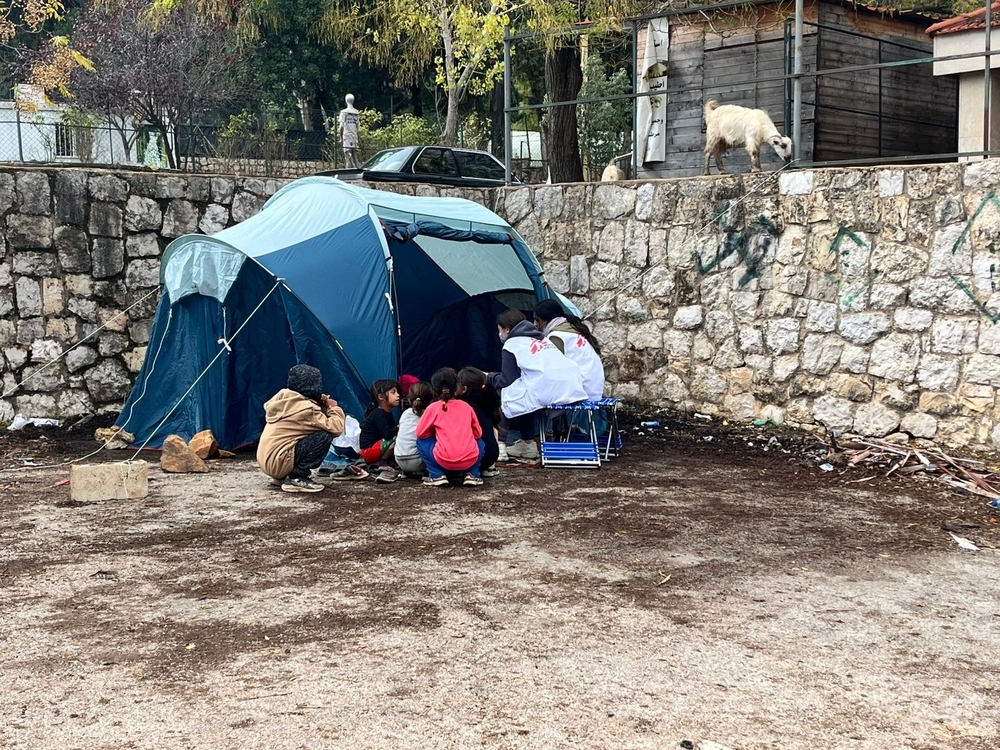War, sanctions and other economic threats have proven a popular way for the West to try to sway elections in the Middle East. When southern Lebanon went to its municipal elections last week, Israeli media and other Western outlets seemed to expect Hezbollah would suffer because of all that has happened in the past year.
There are some suspicions it is driving the US policy of blocking all reconstruction aid into Lebanon after the war, believing that Hezbollah will do worse in elections going forward if the voters are all still living in the bombed-out ruins of the war. Lebanon’s Finance Minister even said ahead of the municipal elections that he was told all reconstruction aid was on hold until Hezbollah was fully disarmed.
Yet despite continued stories about how “isolated and weak” Hezbollah is today, they performed strongly in the municipal elections. Hezbollah and the Amal Movement (another Shi’ite bloc) ran a joint list in the elections, and overwhelmingly won across the Shi’ite-heavy south of the country.

An image of displaced in southern Lebanon during the ceasefire ©MSF
In many cases, the joint list ran unopposed, and won without any competition. 70 of the 109 municipalities south of the Litani River turned out this way. Where there was competition they also performed strongly, winning a lot of towns and villages in voting as well.
This underscores that even after the devastating war, Hezbollah and the Amal Movement remain a political powerhouse in the region most targeted. The talk of sidelining Hezbollah as an armed faction doesn’t appear to have harmed their political fate, and the group might be more focused on deeper political power in the future.
It’s also possible that blocking reconstruction aid is working against the US in trying to undermine Hezbollah. Hezbollah played up the aid they are providing to locals in those regions after the war, including help paying rent for the displaced and help renovating damaged buildings. With the rest of the world holding off on doing much of anything in the area, it ironically gave Hezbollah an opportunity to position itself as the indispensable ones.
In the end it may just prove another example of US financial pressure not working as intended. This has been seen the world over with US sanctions against regimes, where the economic hardship imposed by the sanctions just makes the public even more dependent on the government being targeted. As much hardship as the latest Israeli war caused, post-war efforts are leaving Hezbollah as the only real faction for people there to rely on, and even insisting the whole mess is Hezbollah’s fault is, as shown by these votes, largely falling on deaf ears.


